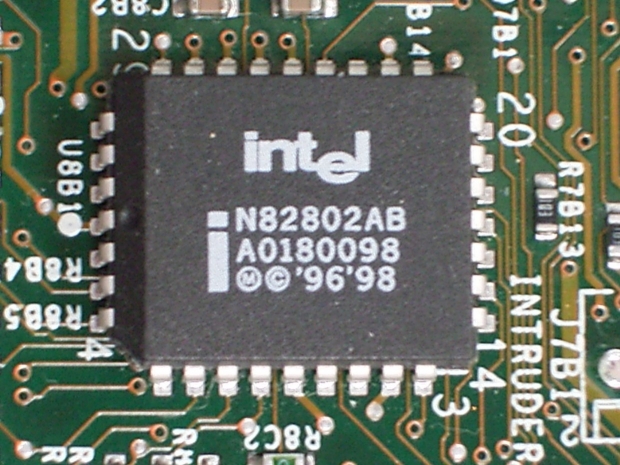This deal is with Tsinghua University and Montage Technology Global Holdings and comes with a $100 million worth of research funding from Intel,. Chinese officials have been calling for a reduction in the country’s reliance on foreign-made semiconductors—particularly those used in systems that could be targeted by spies from abroad.
Intel said the university, known as TU, will develop a programmable chip that would be placed in a plastic module alongside one of its Xeon microprocessors, the most widely used calculating engine in corporate and government data centers. The additional reconfigurable computing processor (RCP) and associated software developed by the university would add capabilities that address “specific local requirements.”
The company declined to discuss what those requirements may be. But it is likely that the RCP would help ensure that the Intel chip doesn’t carry out suspicious activity. It lets you prove the Xeon is behaving as it is supposed to be and not sending all your data to the Americans.




